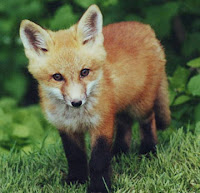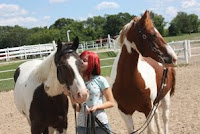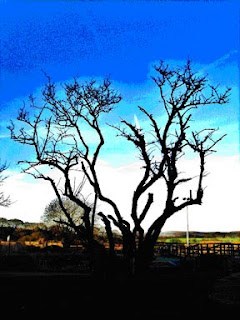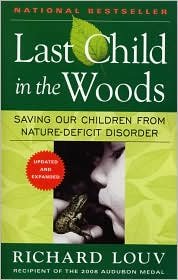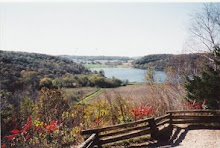The Walking Naturalist (E3)
Course Guidelines
Quarter One – 2009-10
"In wildness is the preservation of the world."
Henry David Thoreau
Course Description:In this introductory English course we will explore a variety of writings focusing on nature, natural history, and our human relationship with our physical environment. The majority of readings will be from the nature essay and personal reflection categories with primary emphasis on Aldo Leopold's
A Sand County Almanac. If time permits, articles from environmental magazines, other nature writers, and children’s literature will help to supplement our understanding of our developing nature ethic. Although we will try to do the bulk of our reading and writing during class time, students may have to do occasional assignment homework, especially if they have absences.
Short Walks:By using Leopold's reflections as a starting point, we will try our own hand at writing from a naturalist perspective. To do so, we must get outside into the natural setting through short walks. Urban nature walk participation, rain or shine, is required. Given the fact that we have only a 6th hour class period to experience the outside setting, we will focus primarily on finding elements of wildness in the urban landscape. This may seem contradictory at first. How can one find "the wild" in the city? We will do our best given the resources available to us. It is up to you to sharpen your observation and reflection techniques. Expect to be out walking one or two days a week. I ask that you have reliable, sturdy shoes and a raincoat/umbrella for our urban nature walks. You don't need to have fancy hiking boots, just leave the fashion shoes at home or have an additional pair of sturdy shoes available to wear.
Because we wish to leave the natural setting as we find it, if not in better condition, I'm asking that NO tobacco use occur on our outside walks. Any students smoking on our hikes will be marked absent. Please note, a student's illegal drug use on a fieldtrip will result in immediate removal from the course, as well as the regular Shabazz AOD policy consequences. Respect the class. Respect each other. Respect the natural setting -- it deserves it.
Longer Fieldtrips: Students enrolled in this class and the other E3 courses will participate in a 5-day, 4-night extended fieldtrip excursion to Echo Valley (located near Mount Horeb and Hollandale, WI). The purpose of this trip will be to deepen our relationship with the land and natural world. As part of the Walking Naturalist class, students will hike, observe, document, and reflect in writing upon their experience. This longer fieldtrip will be the core of our naturalist/environmental ethic writings for the quarter.
Writing:Journal writing will be a required response to readings and excursions. Students will be provided with one journal book for this class. (If you lose it, you must replace or buy another one from Denise within one day.)
All students must be willing to use the full writing process in this class when requested. As time allows, we will draft, revise, peer-edit, and share our writing in small groups. We will work toward a publication goal with the format of that publication to be determined later in the quarter.
Responses to Leopold's A Sand County Almanac:This class will also give students the opportunity to hone their reading comprehension skills by analyzing Leopold's writing style and naturalist philosophy. Students will be expected to use
in-class reading and work time appropriately. Completion of assignments by deadlines is essential to earn credit in the course.
Basic Denise Class StuffLate Work:Because we will have adequate time in class to read, walk, and journal write, students should not need to submit work late. If a student is absent on an assignment due date, the work must be completed by the end of class on the following day attended. Journals will be checked in and collected each week on Fridays to allow for evaluation over the weekend. (Only documented special education needs defined in the student’s IEP can be accommodated flexibility with this guideline.)
Students must complete ALL assignments to be eligible for credit in the course.
Attendance Requirements:It is each student's responsibility to ask for any assignments missed due to absences. Please do this at the start of class on the day you return.
The Shabazz attendance policy will be strictly enforced in this class. Students will no longer be eligible for credit after their 4th absence. Remember that all tardies are accounted for (3 tardies = 1 absence). Students arriving more than 15 minutes late to class will be marked absent.
Book Return:Students must return all books checked out for class to be eligible for credit. If a book is lost, talk with Denise about where you can find a replacement copy, or you may arrange for payment of the text.
*****
"I only went out for a walk,
and finally concluded to stay out till sundown,
for going out,
I found,
was really going in."
John Muir







